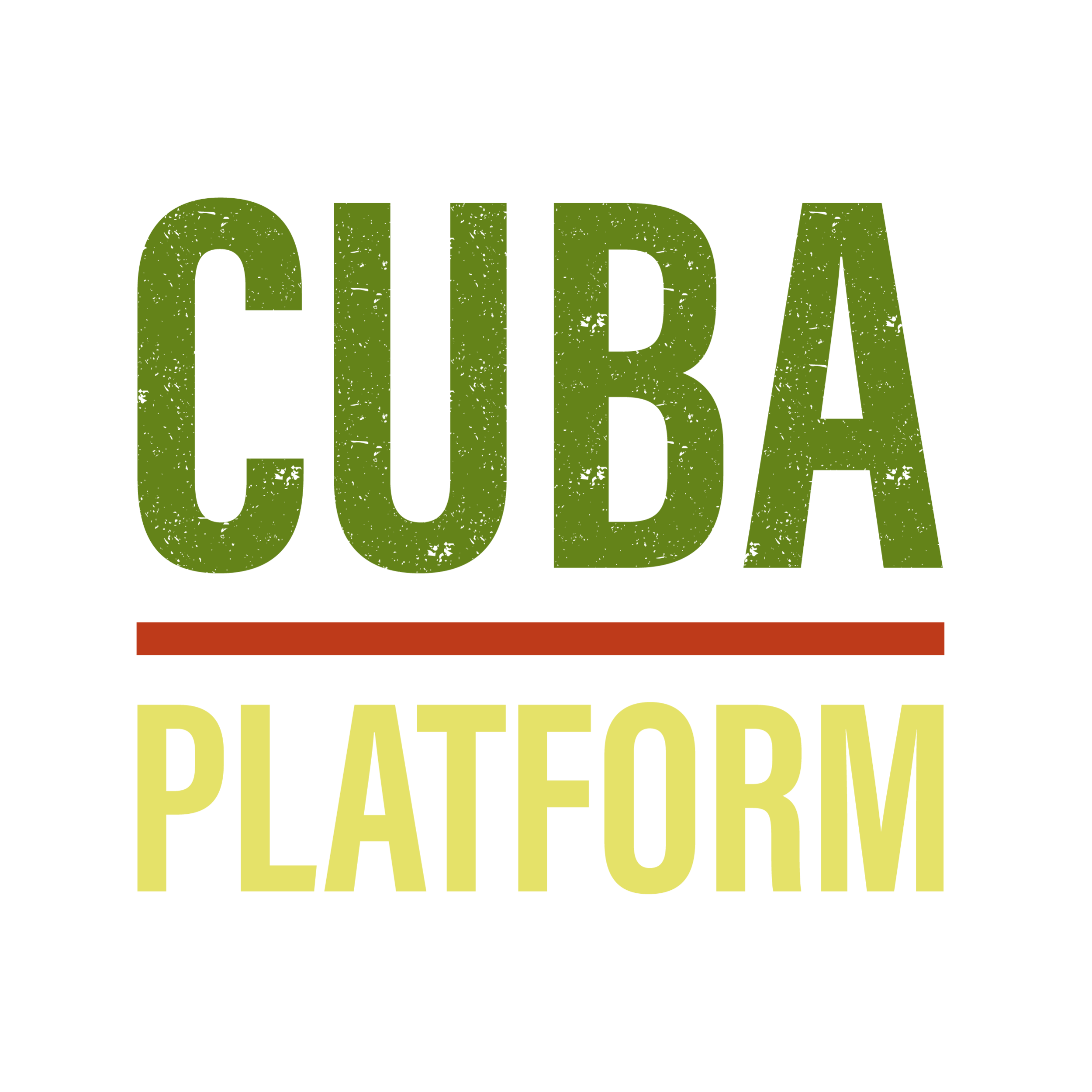Constitution
Constitutional Changes
On July 22nd, 2018, Cuba’s National Assembly approved the draft of a new constitution that would modernize the nation’s fundamental law to bring it up to date with changing social attitudes and existing economic and political realities. The draft was submitted for popular consultation on August 13, and public debate will continue through November 15, when the National Assembly will reconsider the revised charter. It will be submitted to voters for a referendum early next year.
The new constitution, if approved, would replace the 1976 Soviet-style constitution, which was amended various times in the 1990s and 2000s but has never been fully revised. The omission of the word “communism” in the new language is one of various changes that evidence a new ideological broadness. However, leaders have pointed out that deletion of a reference to building a communist society does not suggest a movement away from socialist commitments. As Esteban Lazo, president of Cuba’s National Assembly, explained, the nation’s political leadership is not “renouncing [their] ideas,” and the vision stands to fight for “a socialist, independent, prosperous and sustainable country.”
The reformed constitution contains 224 articles, 87 more than does the present constitution. Eleven articles are preserved, 13 eliminated, and 113 altered.
Social Rights
“An aspect as important as the elimination of discrimination against non-heterosexual persons in terms of the right to marriage was supported by consensus in the National Assembly debate, and we can only feel proud of the maturity achieved by our society,” asserts an article published in Granma, the Cuban State’s official national newspaper. The new constitution contains language that recognizes marriage as between two individuals rather than between a man and a woman. Although legal recognition of same-sex marriage would necessitate more legal changes in order to be implemented, the redefinition of marriage as between two people, without specification of sex or gender, by Article 68 of the constitution makes it a possibility, and is a step forward towards equality.
The content of the right to equality spelled out in Article 40 is also expanded, adding to the pre-existing categories (skin color, gender, race, religion) gender identity, sexual orientation, ethnic origin and disability.
Article 67 of the reformed constitution also specifies, “The State protects families, maternity, paternity and marriage,” adding paternity as a social right recognized under the Magna Carta. Moreover, press and religious freedom are expanded, as is freedom of expression recognized in Article 59: “The State recognizes, respects and guarantees the freedom of thought, conscience and expression.”
Private Property
The economic reforms envisioned in the charter would provide a degree of constitutional recognition for market changes that have already been underway since the 1990s. Private ownership and limited foreign investment are already a de facto reality in Cuba, yet the new constitution would offer official and legal recognition for both. The role of joint ventures and other forms of foreign investment are upgraded from secondary to “important” or “fundamental.” The draft keeps as essential economic principles those of the socialist property, but recognizes the new role played by the market and new forms of non-state ownership, including private property, recognized in Article 21.
Reorganization of the Government
The new proposal separates the functions of the President of the Republic and those of the Prime Minister, which were previously merged into one. The President is charged with ensuring respect for the Constitution and the country’s laws, representing the state, and directing its general policy. On the other hand, the Prime Minister, nominated by the head of state, will oversee the Council of Ministers and Executive Committee. Both the President of the Republic and the Prime Minister must be members of the National Assembly of People’s Power (ANPP) prior to being elected.
The new charter also includes age and term limits for presidents; it states they must be under age 60 when they take office and can carry out no more than two consecutive five-year terms.
Another change introduced by the new draft, the elimination of the Provincial Assembly, would enhance local autonomy, giving municipalities legal capacity and the power to implement initiatives without prior approval. An appointed governor and deputy governor replace the Provincial assemblies, and will preside over a provincial council made up of municipal leaders. Also, the position of mayor has been added.
Judicial System and Presumption of Innocence
The draft of the new constitution expands individual rights to include guarantees of due process (Article 48), presumption of innocence (Article 48), habeas corpus (Article 50) and the social reinsertion of prisoners (Article 51). “Every person is entitled to due process and as such to the following rights: … a) not to be deprived of freedom, but by competent authority, b) not to be arrested or prosecuted, but for cause, by the competent authority and for the established time, c) to be considered innocent until declared guilty by final judgement of the court.”
Furthermore, it introduces the right of individuals to sue the state for restitution and compensation for damages or losses caused by the action or omission of state institutions, managers, officials or employees, in the improper exercise of their functions (Article 94). For the first time, a person can sue the state for damages and negligence. Nevertheless, the judicial system remains unchanged, and all lawyers remain government employees.
Sources
Download a PDF with sources for this report here.
